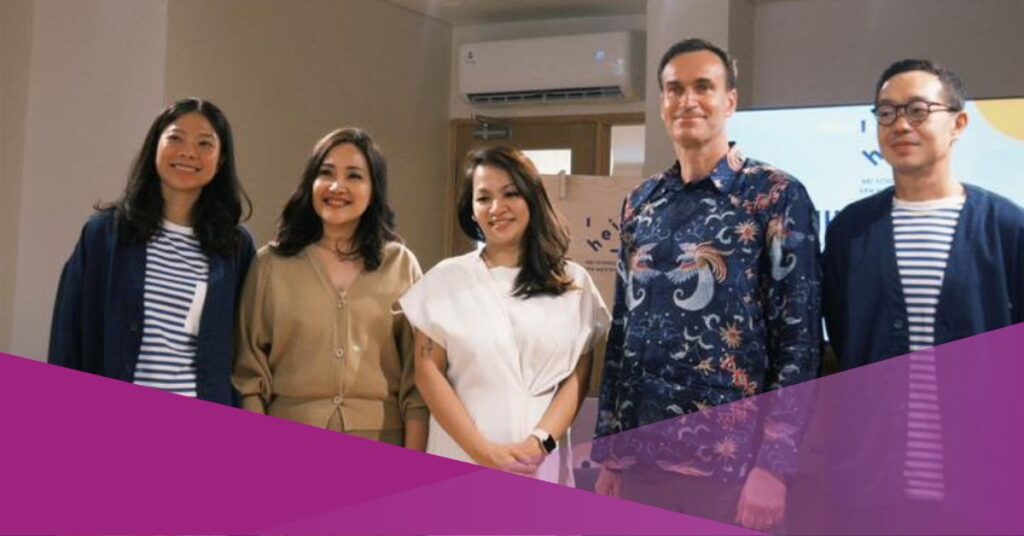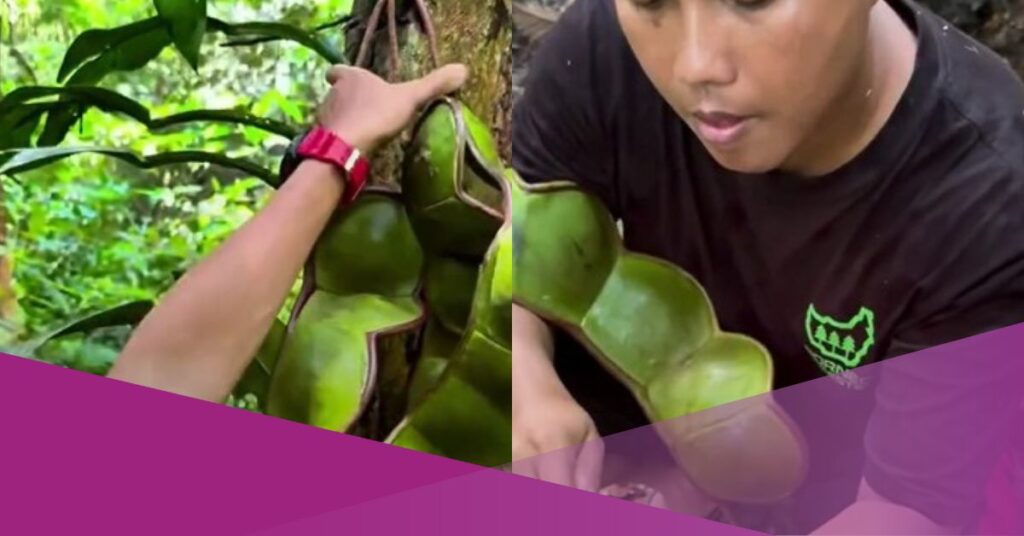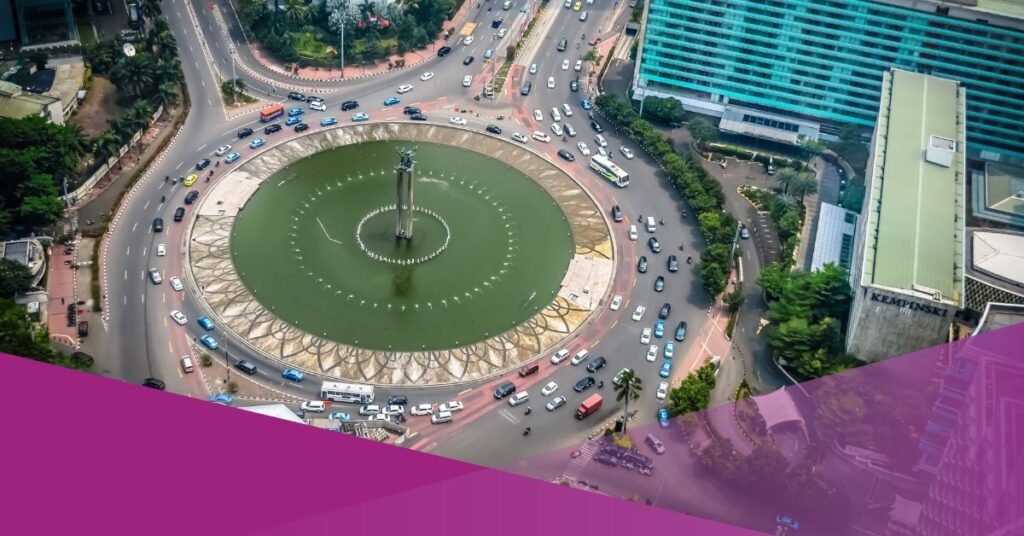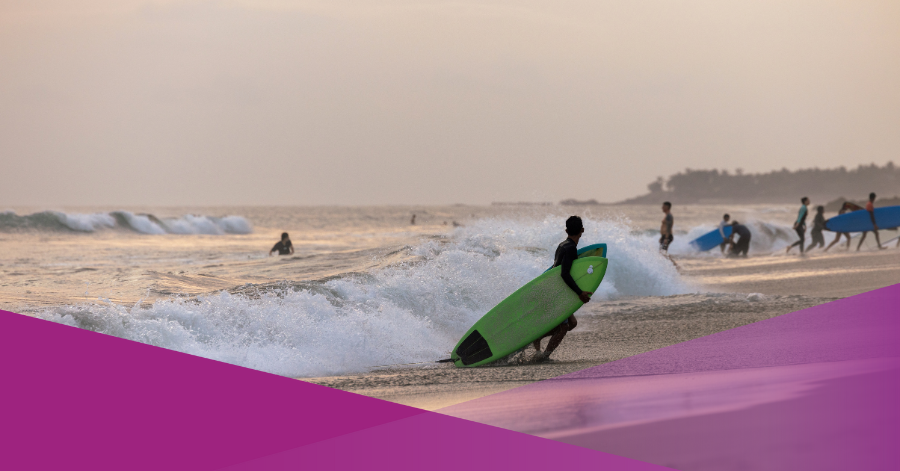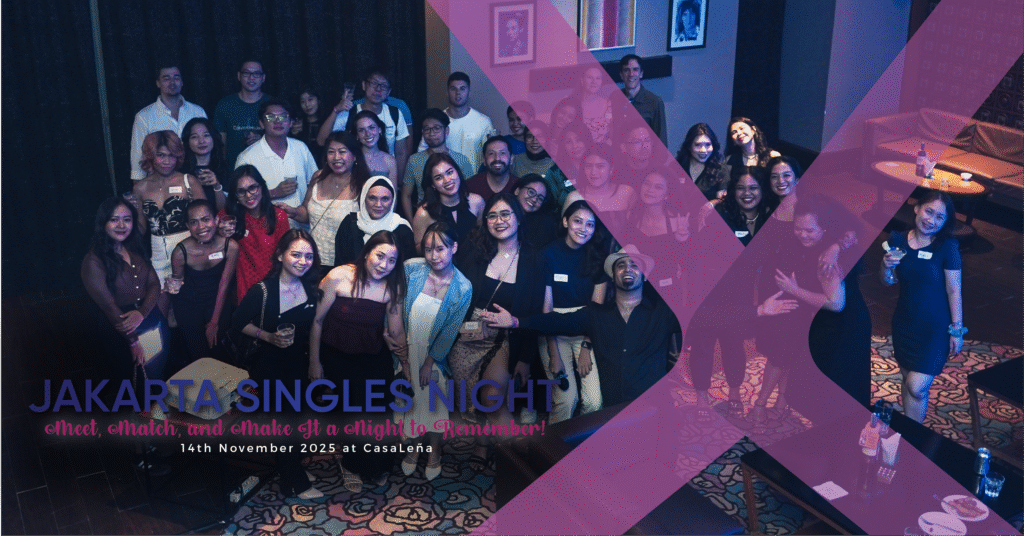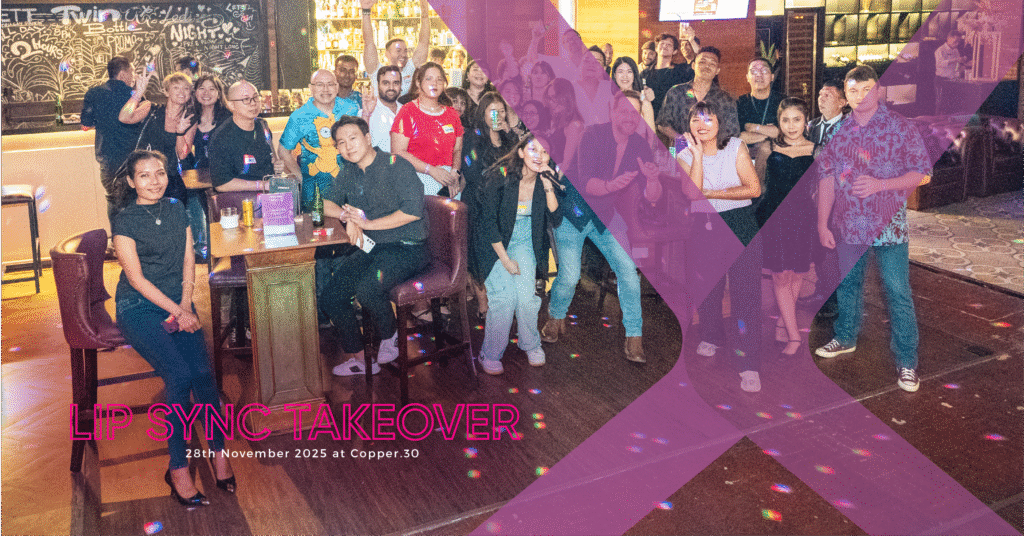A foreign tourist in Bali was pleasantly surprised to receive her food wrapped in banana leaves instead of plastic. Her reaction, captured in a short video, quickly went viral after being uploaded by Instagram user @kaswanderlust.
The clip, captioned “POV: You get your food delivered, but you live in Bali,” shows the tourist opening a food delivery wrapped entirely in banana leaves. The packaging forms a small eco-friendly basket known locally as a besek.
“It’s literally just wrapped in a leaf, and this is how the delivery guy gave it to me,” she says in the video, holding up the Balinese mixed rice she ordered.
She adds with amusement, “I see a funny part: there are people who like to cut onions, like onion and some pepper, and they put it in a small leaf bowl.”
The tourist’s excitement struck a chord with many viewers, who praised the natural, zero-waste packaging.
One commenter wrote, “The presence of packaging like this shows that people here still care about nature. South Bali may win with luxury, but North Bali is developing tourism based on culture and nature. #savenature.”
Another added simply, “It should be like this… It’s tastier.”
Lihat postingan ini di Instagram
Sebuah kiriman dibagikan oleh Wanderlust 🌍 digital nomad (@kaswanderlust)
Traditional Packaging, Modern Appreciation
Across Indonesia, serving food in natural packaging is a tradition that remains part of daily life. From street stalls to family kitchens, banana leaves, coconut leaves, and bamboo have long been used to wrap and serve dishes, combining practicality, sustainability, and a touch of nostalgia.
Banana leaves, in particular, are the most common choice. Besides being biodegradable, they add a subtle aroma that enhances flavour. Many traditional dishes, such as lontong and lemper are wrapped this way.
Banana leaf packaging is also far more environmentally friendly than single-use plastics or Styrofoam. These synthetic materials take hundreds of years to decompose and release harmful chemicals into the environment. In contrast, banana leaves break down naturally in a matter of weeks.
Coconut leaves are another sustainable option. In Java, sticky rice snacks like lepet ketan are traditionally wrapped in coconut leaves and tied securely to preserve freshness. The wrapping not only protects the food but also gives it a distinctive aroma after steaming.
Bamboo is also used in certain regions, especially for cooking. Dishes like lemang in Sumatra, kue putu in Java, and nasi jaha in Sulawesi are prepared and served in bamboo tubes, giving them a smoky flavour that can’t be replicated with modern packaging.

